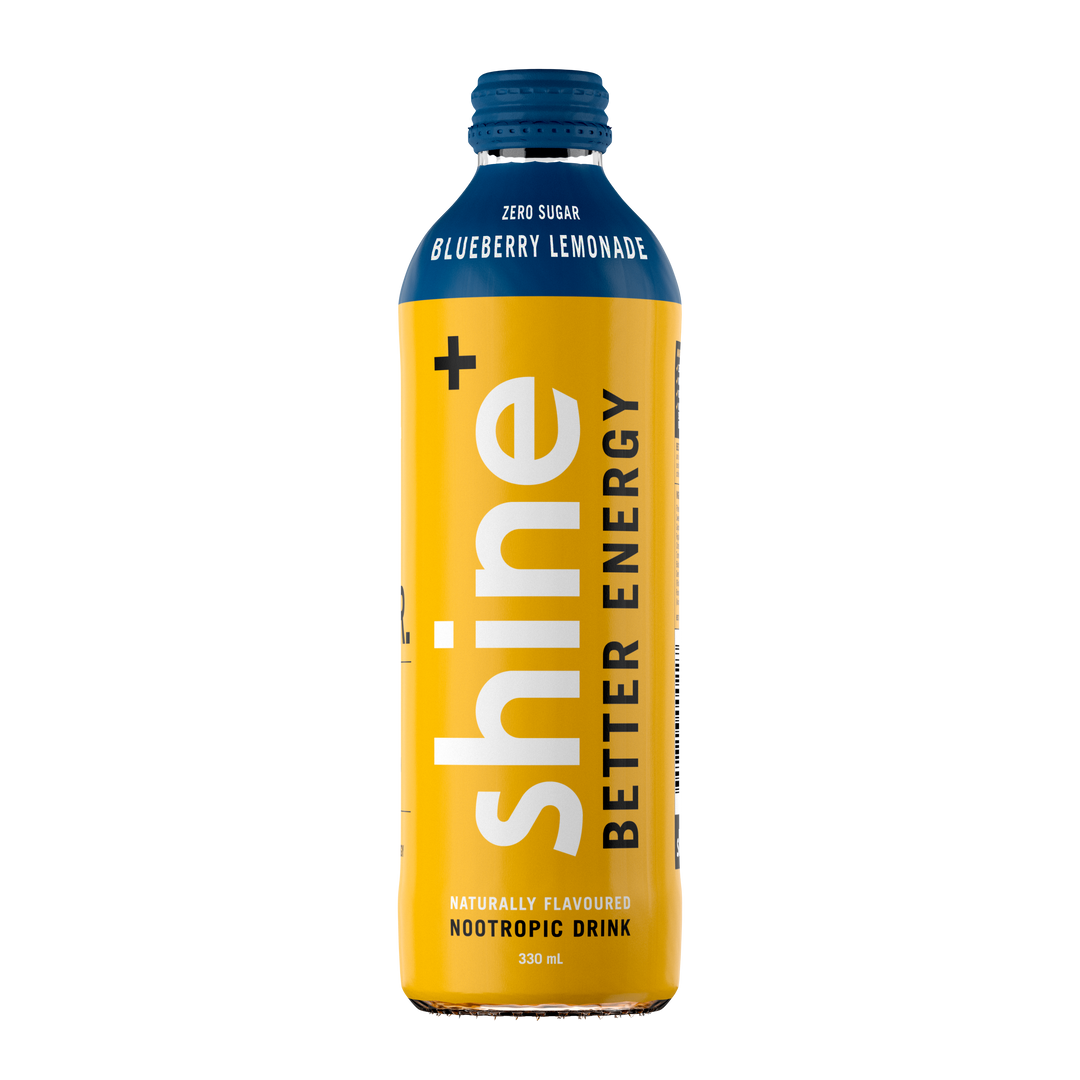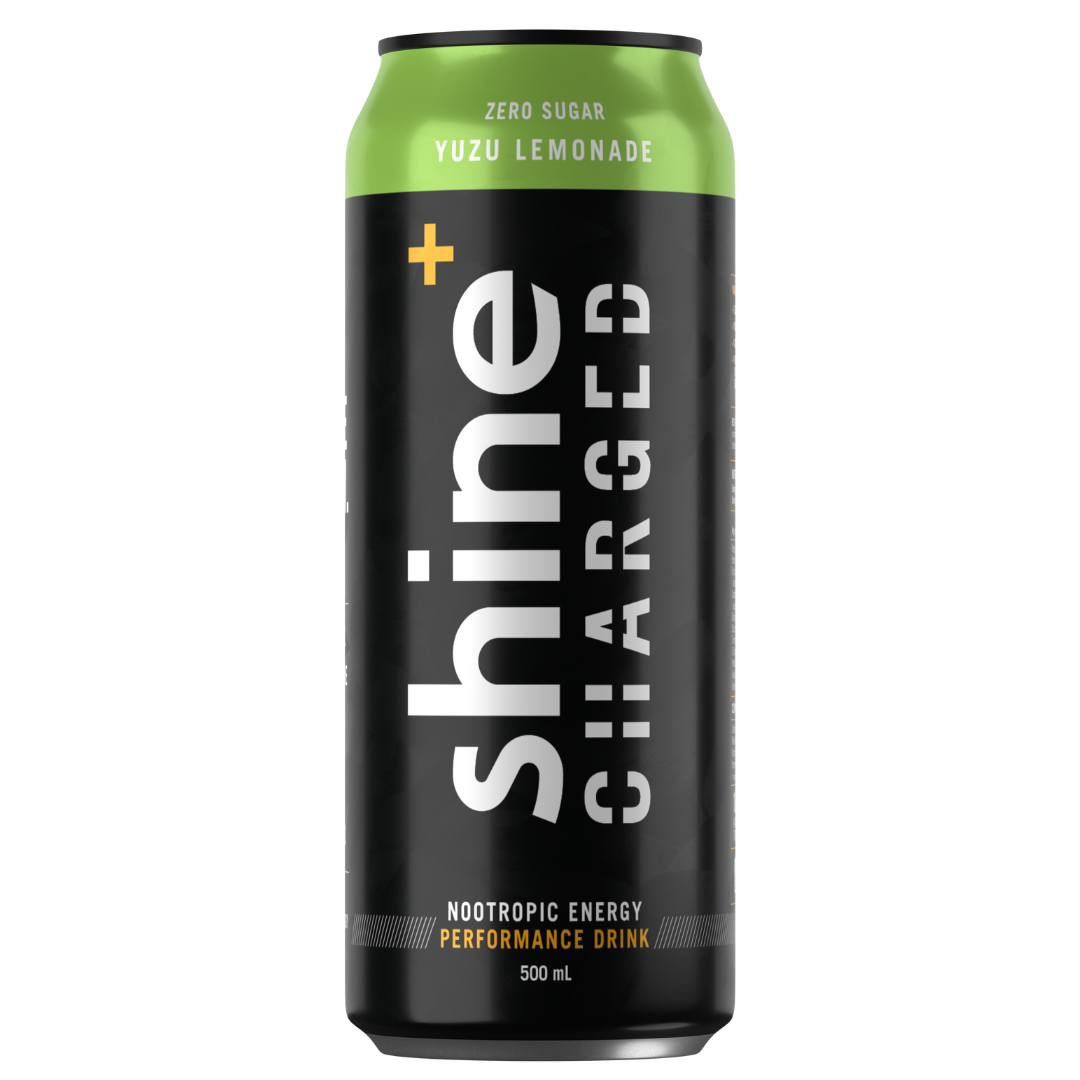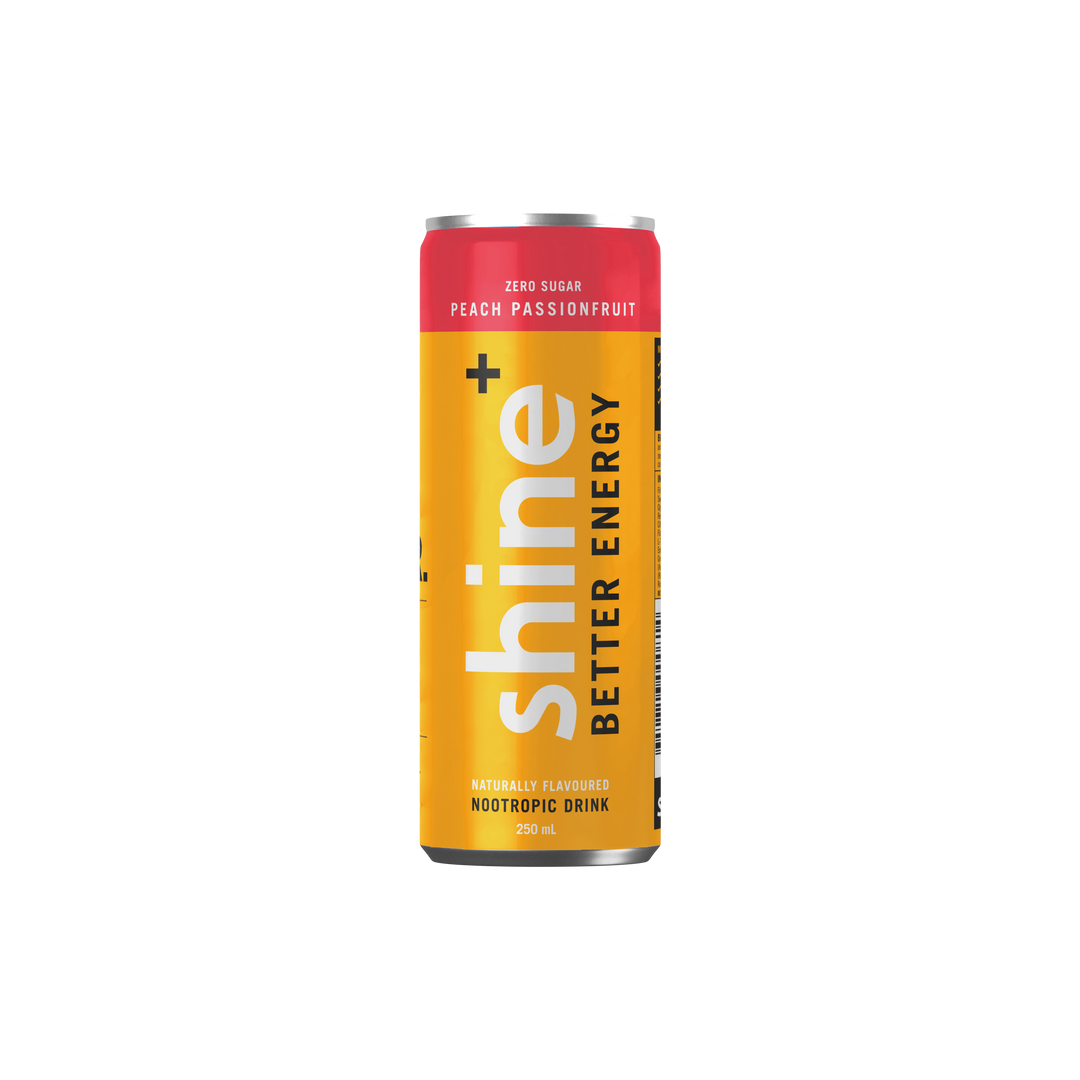POLYPHASIC SLEEP: WHAT YOUR WORK LIFE MAY BE MISSING
The hustle and bustle of modern-day life keeps our hands tied and our bodies busy. A tough day at work will knock the wind right out of you, and leave you with no energy to have recreational time for yourself. It’s a vicious cycle: Work, sleep for eight hours, wake up, and work again.
Some life hackers, however, have been using a technique called polyphasic sleep to ensure that not only are they resting efficiently, but they are creating more time in the day for themselves to enjoy.
Let’s take a look at how effective polyphasic sleep might be.
You've heard of REM sleep, this is why you need it.
Typically, your average sleeping period for optimal rest should be between 6-8 hours. This timeframe is the case due to the functioning of the REM (Rapid Eye Movement) cycles that flow through your brain and place you into ‘deep sleep.’ These REM cycles generally begin between 75-90 minutes after falling asleep.
Polyphasic sleep is also known as ‘segmented sleep.’ It is a method which covers your REM sleep patterns over multiple sleep episodes, as opposed to the typical monophasic sleep (Votruba 2012, p. 9). These multiple sleep ‘episodes’ usually take the form of naps averaging around 30 minutes, but can be varied depending on the individual’s schedule. What is most important about polyphasic sleep is that the naps or sleep episodes must be in equal distance from each other. For example, taking a nap every 5 hours in a four nap day.

The different polyphasic schedules commonly known and researched (Votruba 2012, p. 10)
What if you never had to sleep again?
The primary benefit of polyphasic sleep is simply making more time in the day for yourself. Life hackers, students, entrepreneurs, and businessmen do this to maximise the time they can spend studying or working, or in some cases just to make extra time in their busy schedule for family or recreational activities. Essentially, they are cutting down what is usually 8 hours of sleep into 2-4 hours of sleep, staggered throughout the day. That's a lot of extra free time!
There are additional benefits, besides the extra working time. One study showed that waking up from polyphasic naps during the day led to elevated emotional levels, particularly joy, relaxation, and sometimes even anger (Luo & Inoue 2000). While anger may not seem like a desired emotion, Luo and Inoue’s study showed that the emotion should not be taken at face value, but rather looked at as a refreshed or incentivised state of mind - a state of enhanced intensity.
What Luo and others’ studies have concluded is that short daytime naps have beneficial effects on both physical and mental states of individuals. Polyphasic sleep is not only a great method of creating more ‘awake’ hours in a day, but is also rejuvenating and can prompt bursts of creativity and focus.
To nap, or not to nap?

Two forms of polyphasic sleep cycles
Ultimately, maintaining what would be a ‘perfect’ polyphasic sleep cycle with multiple naps would be extremely difficult for shift workers. However, this does not restrict those workers in attempting polyphasic sleep cycles--they simply need to adapt to a mode with fewer naps or more leeway between naps. That is the crux in deciding whether you should attempt polyphasic sleep: your schedule.
Not only will you need to find the perfect times to have your naps, and how many you can afford to take, but your body will also need to re-adjust itself to your new style of micro-dosing sleep. This can take some time, and throw a curveball into your regular schedule as you reconfigure your body. If you’re willing to make the investment, however, and you can see yourself making real efficient use of the extra hours created in a day, polyphasic sleep is probably worth a try.
Do you know what would go great between those long hours before a nap? Shine+, scientifically formulated to give you the focus and energy you need to get through a hard day’s work or study.
WORDS BY HAYDEN FITZGERALD
References
Luo, Z., Inoue, S., (2000). A short daytime nap modulates levels of emotions objectively evaluated by the emotion spectrum analysis method. Psychiatry and Clinical Neurosciences, 54 (2), pp. 207-212
Votruba, T. (2012). Psychological Impacts of Polyphasic Sleep, Masaryk University, pp. 1-62










